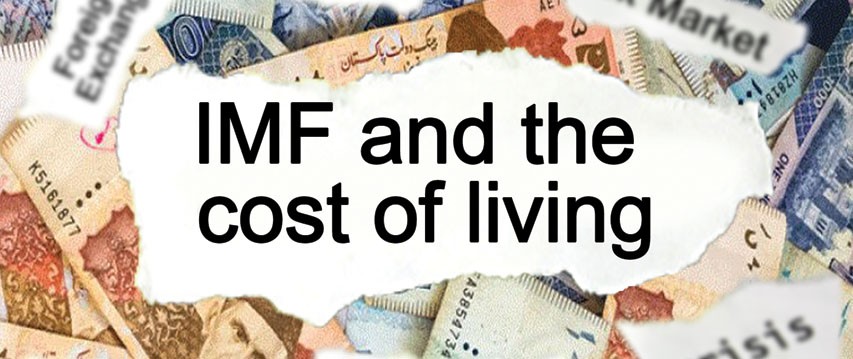

We have returned to the IMF one more time. The 39-month Extended Fund Arrangement for about US$6 billion over the next three years is expected to stabilise our economy and bring about much-needed structural reforms in our ailing economy. On paper, it may look fine. In reality, as Dr Pervez Tahir puts it in his article, "There is many a slip between the cup and the lip." We should keep in mind that with the experience of the last 22 engagements, the IMF also understands what may happen to its latest programme, keeping in view the country’s economic and political fragility. The government took longer than necessary to finalise a deal with the IMF, causing all sorts of panic and rupee devaluation.
What’s wrong with our economy at the moment? Let’s start with the basics. The twin deficits -- fiscal deficit and current account deficit -- seem to have gone out of control. If we take these two indicators as the benchmark, the rest becomes self-explanatory. In layperson’s terms, the gap between the revenue target and actual collection has widened and so has the disconnect between imports and exports. There is often talk about widening the tax net. But what usually happens is that the government ends up taxing the already taxed -- that is the salaried class. We don’t have a fair picture of how the FBR is faring on that front with questions raised about its own structural capacity and neutrality. Paving the current account deficit is also problematic. To increase manufacturing and exports, the industrial sector demands cheaper input costs, such as lower power rates. But this demand comes into conflict with the IMF programme which advocates removal of power subsidies. High input costs leave our products unable to compete in the international market.
Also read: IMF and the cost of living
Recently, the State Bank has raised the policy rate from 10.75 to 12.25 percent to fight inflationary pressures, a high fiscal deficit, and exchange rate depreciation. Economists warn that may add to the cost of doing business, discourage investment and, hence, affect growth.